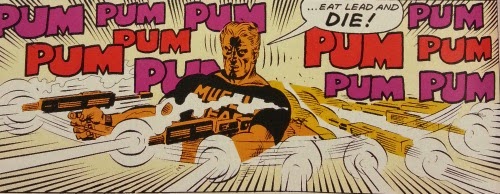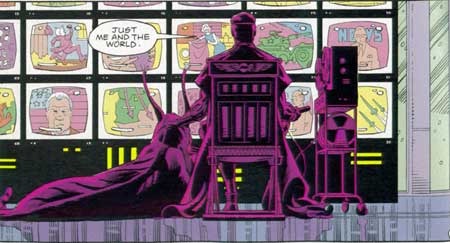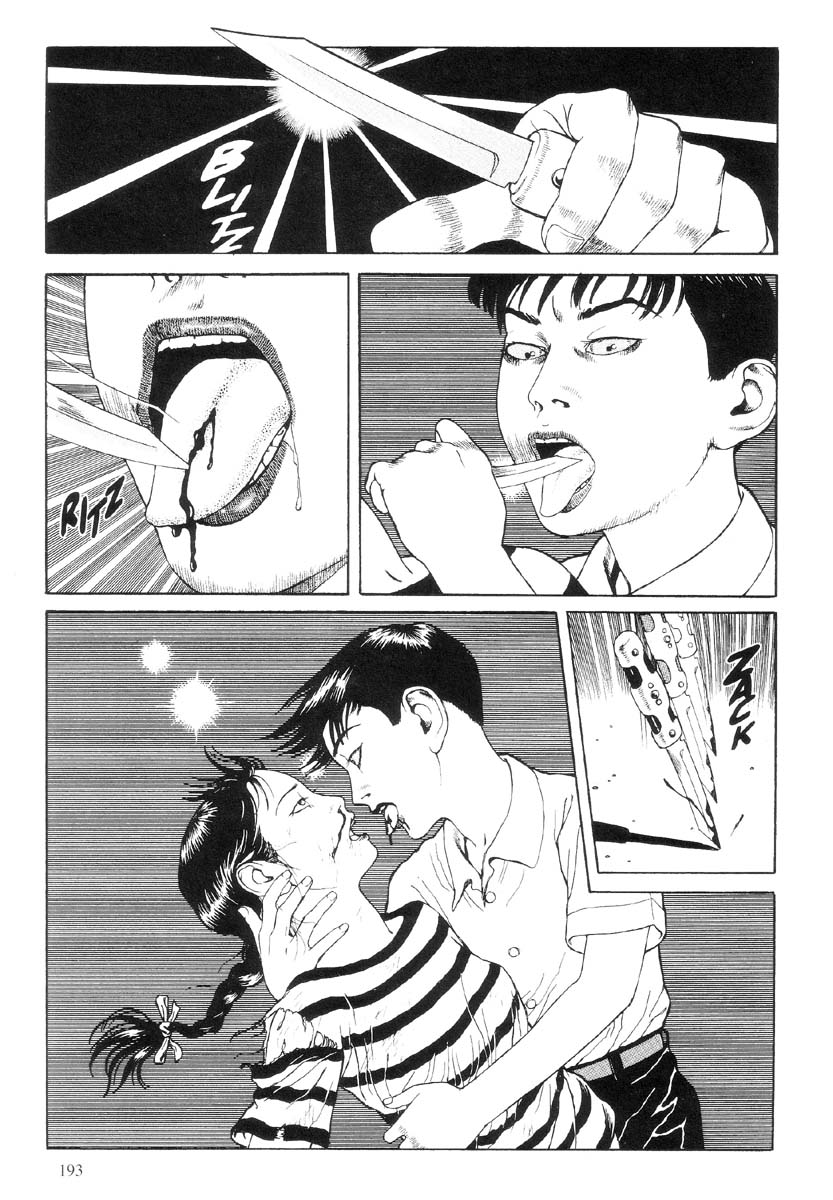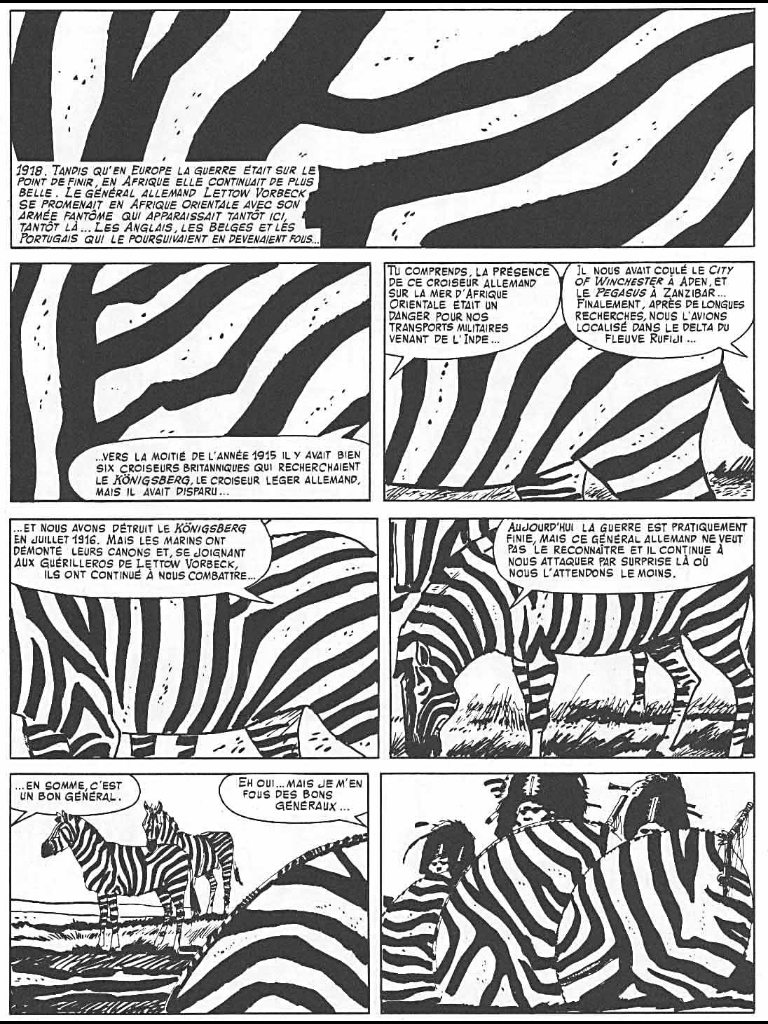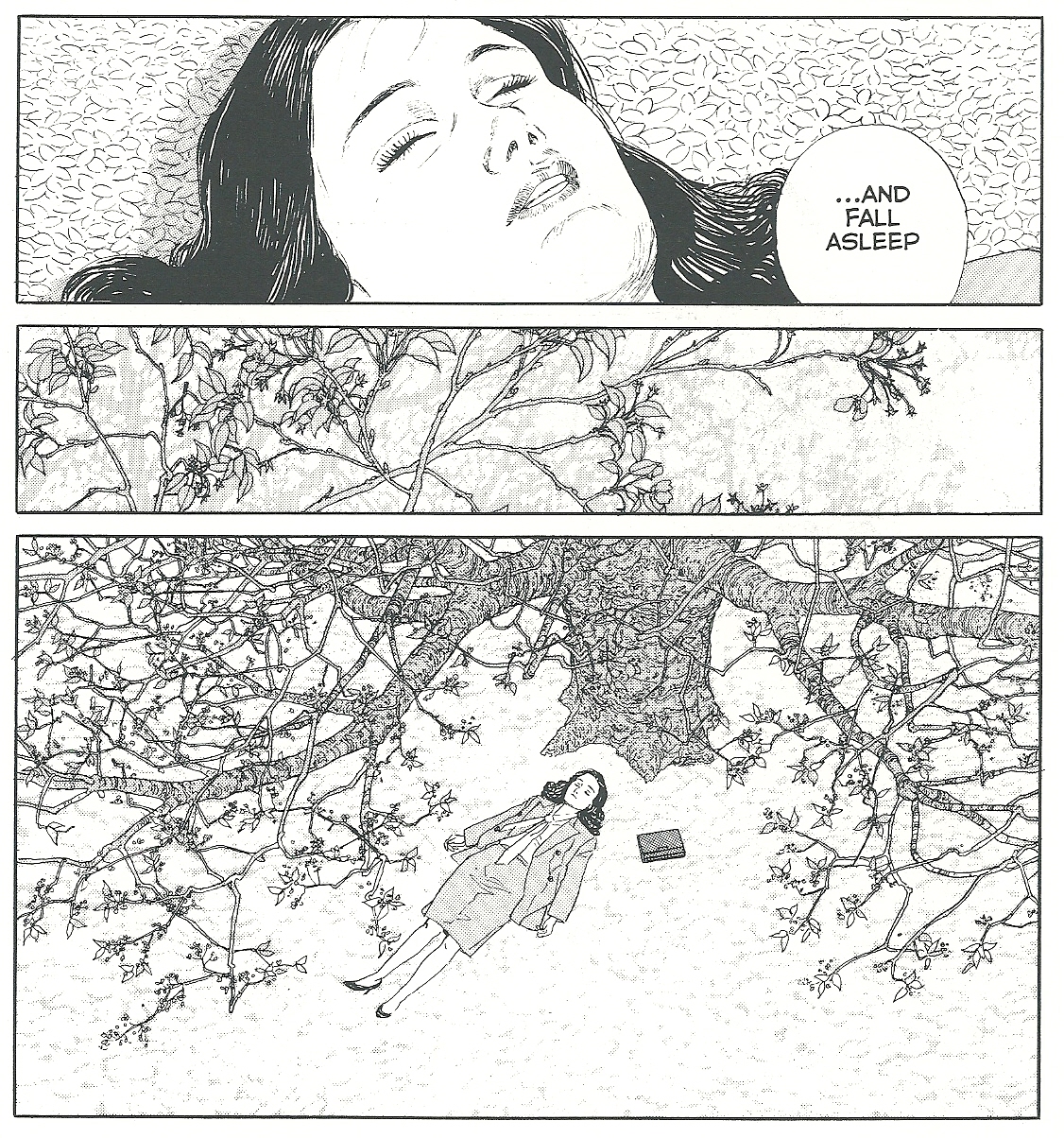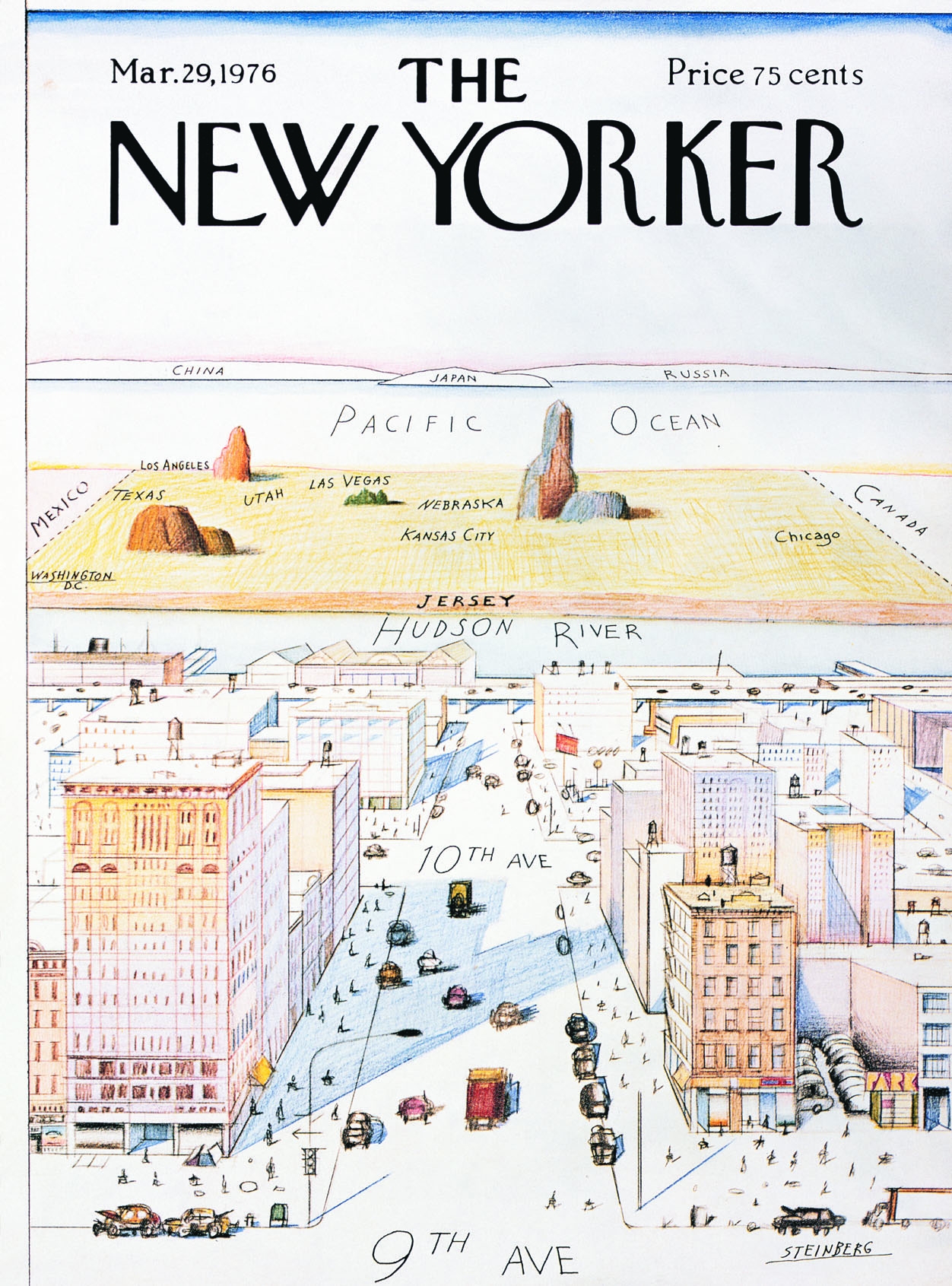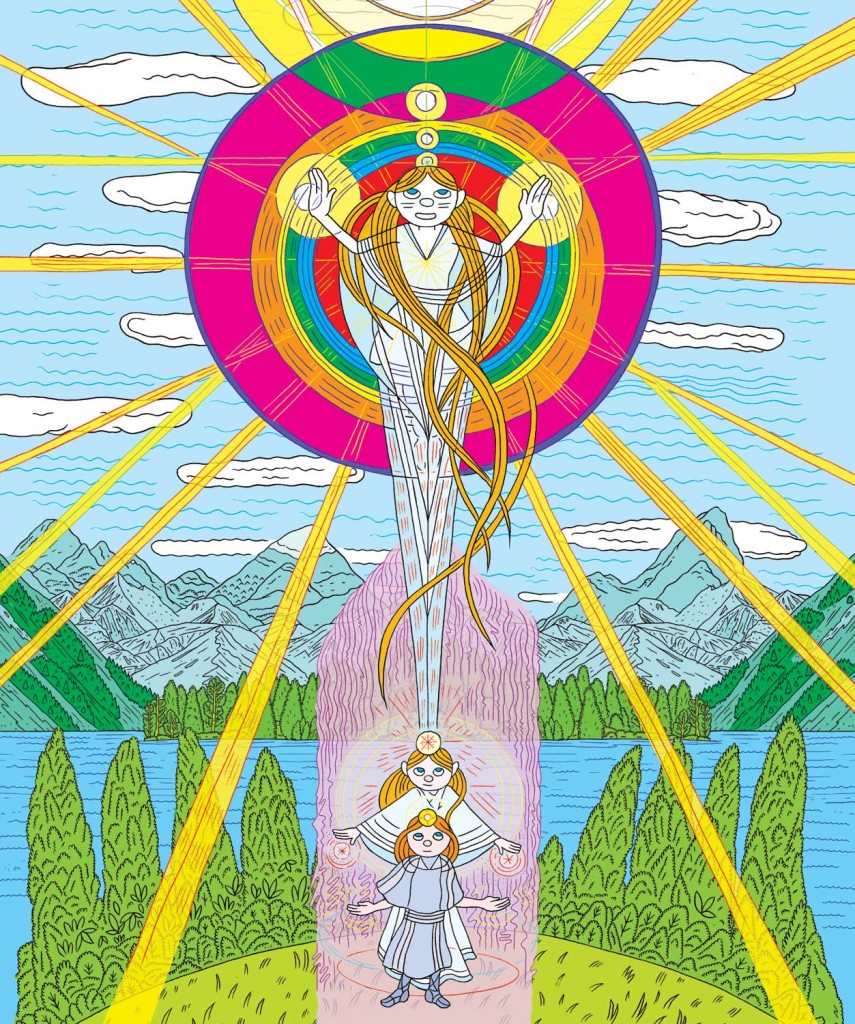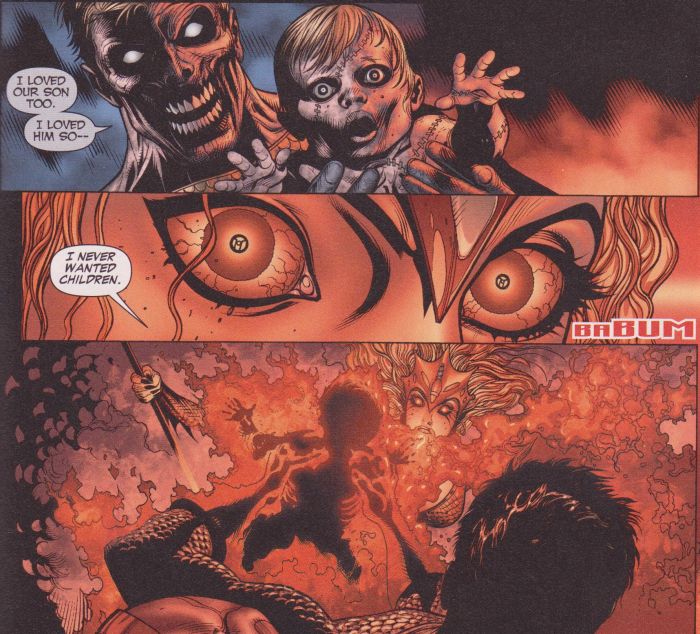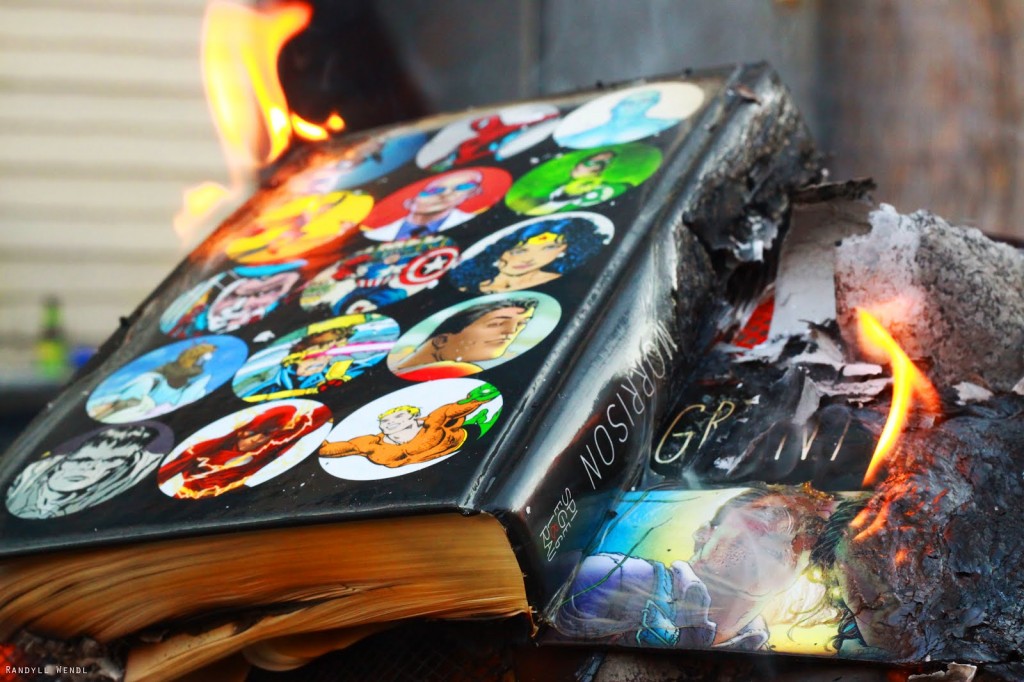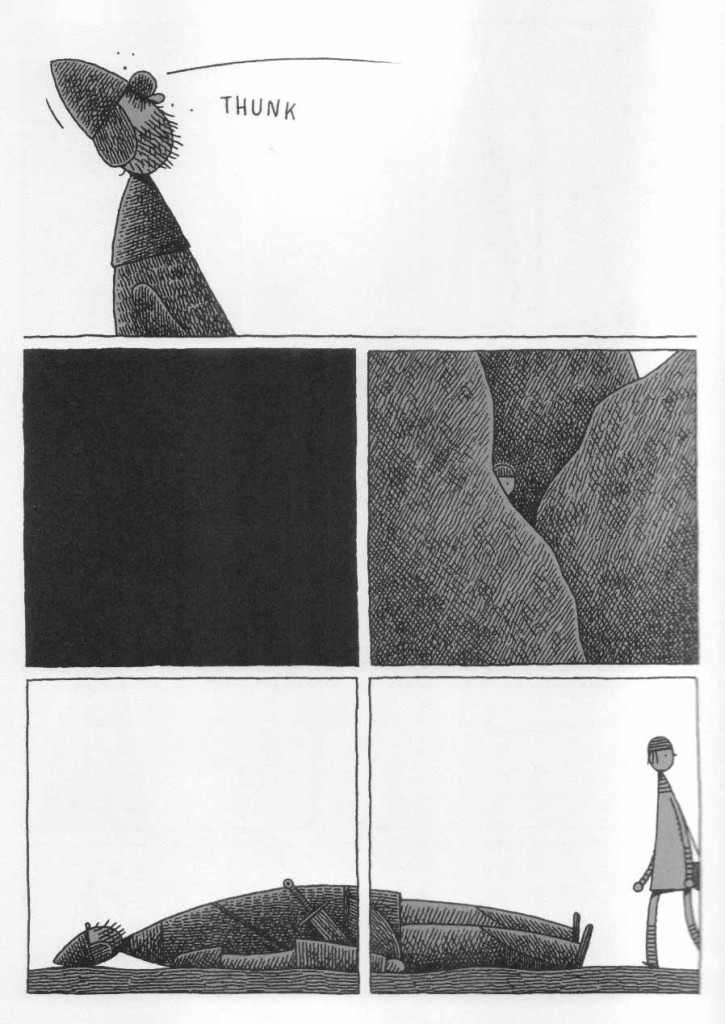2014 was a pretty bad year for comics criticism. On the basis of my simple survey there was hardly anything of note from the first third of 2014 as far as comics criticism was concerned (though things did pick up in the latter half of 2014). So if you find me clutching at straws in some of the entries below, well, you know the reason why.
Apart from the perennial issues of racism and sexism in superhero comics (or maybe in general?) there weren’t many critical controversies in 2014. I can’t say that this failure to engage with fellow critics and their ideas is a positive sign of health; especially if this reticence is symptomatic of intellectual torpor or a lack of breath in comics thinking.
[Your annual Comics Criticism Metaphor]
Needless to say, the selection below is incomplete and careful readers of comics criticism (?) should list any notable articles they’ve read in 2014 in the comments section.
(1) Listed by author in alphabetical order.
Merve Emre and Christian Nakarado on architecture in the comics of David Mazzucchelli and Chris Ware.
Brian Cremins on transcendental style in the comics of Julia Gfrörer and Jessi Zabarsky. Or consider the first part of his lecture on “Comics Books and Visual Literacy”; both of which are related to his long term work on nostalgia and comics. Or consider his “How to Read The Curse of the Werewolf.”
Julia Gfrörer – “Shadow Puppets”
R. C. Harvey – “Understanding Barnaby”. This may be the most comprehensive analysis of Crockett Johnson’s Barnaby available online.
An alternative selection might be Harvey’s piece titled, “The Perversion of the Graphic Novel and Its Refinement” This one is about comics biographies and a reiteration of Harvey’s version of “comics fascism” (i.e. the essential nature of visual-verbal blending). His most notable target in the past has been Hal Foster’s Prince Valiant but he hasn’t rehearsed this pet peeve in quite a while. Here he is on a stumbling block in comic biographies:
“Generally speaking, a biography’s impulse is to include all the chief details of the subject’s life. As we see in SuperZelda, the effort to include all such matters in graphic novel form effectively destroys the form. Unless the biographer expands the number of pages in his/her work to gigantic dimension, the natural impulse—the best way to achieve a manageable length—is to resort to words for telling the story, and in obeying that impulse, the biographer inevitably uses pictures only to make the pages look pretty. As a result, the pictures don’t add any narrative content. The comics form works best as a form when it can portray at some length an incident or event, an impossibility if the over-all objective is to cover all the chief events in a person’s life in as few pages as possible.”
Jeet Heer on Herblock’s legacy and deification in a new HBO documentary. Or consider part of his ongoing work on Harold Gray’s Little Orphan Annie.
Adrian Hill – “Falling into Place.” On Malcom Mc Neill and William S. Burrough’s Ah Pook is Here.
Ryan Holmberg – “Matsumoto Katsuji and the American Root of Kawaii.” Or his article on Enka Gekiga: Hiyashi Seiichi’s Pop Music Manga.
Illogical Volume on Pax Americana – “An Experiment in Assisted Re-Viewing.” Or consider David Uzumeri‘s annotations for the same comic.
Domingos Isabelinho – Chester Brown as a Gothic Artist.
Etelka Lehoczky on S. Clay Wilson’s Pirates in the Heartland.
Joe McCulloch on Recidivist Vol. IV.
Tahneer Oksman on Julie Delporte’s Everywhere Antennas.
Ken Parille – “Don’t Move: The Still Life of Peter Morisi”
Megan Purdy – “Love Is Far, You Can Wait for It”
Abraham Riesman – “The Secret History and Uncertain Future of Comics Character John Constantine.” I don’t know if this article offers a tremendous amount of new insights into the character but it’s probably as good an overview of the character in toto as you’ll find online. I’m going to guess that it was the editor who decided to put the words “comics character” in the title of the piece (maybe even the words “uncertain future”).
Jonathan Rosenbaum – “Peanuts, Yesterday, Today and Tomorrow” (this was published in 2013 but only appeared online in 2014).
Nicole Rudick on Julia Gfrörer’s Black Is the Color.
Joanna Scutts – “War in Panorama” (on Joe Sacco’s The Great War).
Matt Seneca on Richard Maguire’s Here.
Bob Temuka – “Superdeath”
Nicholas Theisen on Hannah Miodrag’s Comics and Language.
Paul Williams on Martin Vaughn-James’ The Projector. This one comes from a new-ish blog about 70s comics. There really isn’t much writing on this particular comic out there.
Matthias Wivel – “The Cage Stands As Before: The Comics of Yvan Alagbé”
(2) Notable Guest Articles on The Hooded Utilitarian
Brian Cremins – “Walt Kelly and Me”
Shaenon Garrity on Bloom County – “The Truth, Steve.” This is a nice summary of Bloom County‘s place in the comic strip firmament. I liked it better than Calvin and Hobbes back in the 80s anyway.
Michael A. Johnson on the ethics of war photography in War Photographer.
Kate Polak on empathy in J. P. Stassen’s Deogratias. In relation to this, also read Michelle Bumatay‘s review of La Fantaisie des Dieux: Rwanda 1994 which is published at her personal blog.
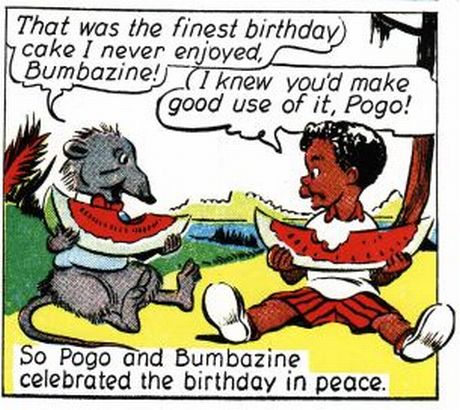
(3) Notable Controversies
R Fiore on Walt Kelly’s Pogo: The Complete Dell Comics: “Sometimes a Watermelon is just a Watermelon.” Also see Noah’s reply here and Brian Cremins article noted above.
One of those pieces which I expected to elicit more discussion but didn’t. Part of the problem is that almost no one has read or has any interest in the earliest incarnation of Pogo. The comments section remains interesting however.
As comics criticism has gained sophistication over the years, it’s become easier to identify the politics of various “heritage” comics critics. Fiore, for example, falls somewhere along the spectrum of Neo-Liberal to Neo-Con. Which generally marks him out for ideological disagreements with the editor of this blog and many of its contributors. Noah would no doubt find it disgusting that some people find Fiore’s piece worthy of consideration for a place on this list.
The discussion surrounding this piece also demonstrates the sharp divide that has occurred in the last decade or so. Fiore is venerated among many old time readers and writers of comics criticism but he’s quite the unknown among the younger set. His views frequently come across as old fashioned and conservative within the “art” comics community and they are often given short shrift and scant respect. In one corner we find the TCJ stalwarts who consider Fiore “one of the ten best writers to ever cover the medium“, and in the other a progressively engaged community which finds his thoughts increasingly out of touch. This could be taken as a sign of (comics) critical health.

